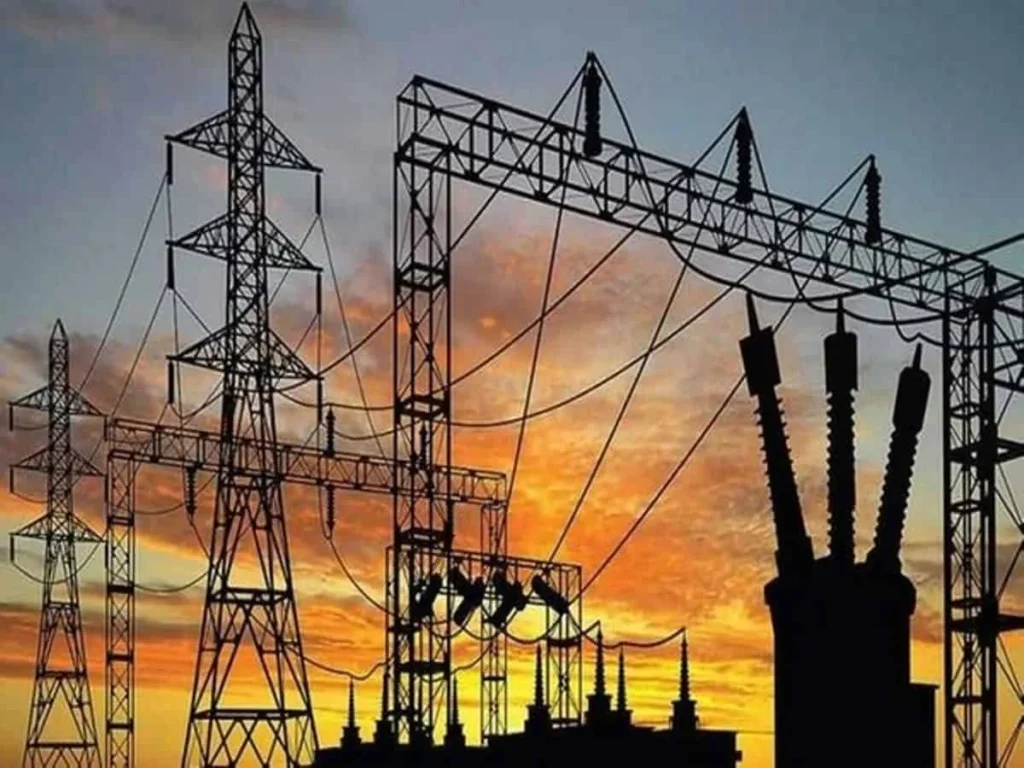- Web
- Feb 05, 2026
Power Division proposes Rs392.5 billion PSDP for development projects in FY2025-26
-

- Web Desk Karachi
- Feb 27, 2025

ISLAMABAD: The Power Division has put forward a proposed Public Sector Development Program (PSDP) of Rs392.5 billion aimed at various development projects for its affiliated entities for the fiscal year 2025-26.
This proposal was presented during a session of the National Assembly Standing Committee on Power, chaired by Muhammad Idrees, reported the Business Recorder.
During the briefing Additional Secretary of the Power Division, Syed Imtiaz Hussain Shah, detailed the proposed allocations, indicating that Rs1.5 billion is designated for the Power Division itself, Rs10 billion for the imported-coal-fired power plant of Jamshoro Power Company Limited, Rs315.7 billion for the National Transmission and Dispatch Company (NTDC), Rs6.988 billion for Hyderabad Electric Supply Company (HESCO), Rs10.146 billion for Multan Electric Power Company (MEPCO), Rs409 million for Sukkur Electric Power Company (SEPCO), Rs7.308 billion for Quetta Electric Supply Company (QESCO), Rs13.779 billion for Peshawar Electric Supply Company (PESCO), Rs6.055 billion for Lahore Electric Supply Company (LESCO), Rs20.522 billion for Islamabad Electric Supply Company (IESCO), and Rs61.92 million for the Private Power and Infrastructure Board (PPIB).
However, the Ministry of Planning, Development, and Special Initiatives has directed the Power Division to prioritise its proposed projects for the PSDP 2025-26, signalling that the allocation may not adhere to the initial wish list outlined by the Division.
Documents presented to the Committee indicate that the total cost of the PSDP for 2024-25 was Rs1.197 trillion, which included a foreign loan component of Rs691.8 billion.
By June 30, 2024, total expenditures reached Rs455 billion, leaving a carry-forward amount of Rs742 billion.
Government secures Rs1.571 trillion in savings from IPPs
The allocation for FY 2024-25 was Rs150.269 billion, comprised of Rs61.578 billion in foreign loans, Rs88.69 billion in rupee coverage, Rs43.012 billion sourced from the government (grants plus cash development loans), and Rs45.679 billion from NTDC’s internal resources.
The Chairman of the Standing Committee stressed the necessity of reviewing all proposed projects thoroughly before granting approval for the PSDP.
In regard to the overbilling issue of Rs7.8 million units in Kasur by LESCO, the Committee has established a sub-committee led by Rana Muhammad Hayat to investigate the problem on a case-by-case basis.
Rana Hayat expressed his apprehension that while the government is revising or terminating Independent Power Producer (IPP) contracts, electricity prices continue to escalate, complicating his ability to justify the situation to the public as a treasury member of the National Assembly.
Furthermore, Secretary of the Power Division, Dr Fakhray Alam Irfan, informed the Committee that LESCO incurred a financial loss of Rs 82 billion in the previous year and has been instructed to curtail this loss to Rs 40 billion.
Dr. Irfan outlined the current status of revised and terminated contracts with IPPs, noting that the revision process for contracts with Generation Companies (Gencos) is expected to be completed within a week, after which the proposals will be submitted to the Cabinet for final approval. Subsequently, focus will shift to wind and solar projects.
Dr Irfan also dismissed the idea that IPPs were coerced into altering their contracts, mentioning that the Power Minister had discussions with the British High Commissioner on this matter. He noted that electricity tariffs for industrial consumers have been reduced by Rs10-12 per unit since June 2024, while domestic consumer tariffs have been lowered by Rs4 per unit.
Additionally, he reported ongoing negotiations with the International Monetary Fund (IMF) concerning the removal of taxes from electricity bills, although an agreement with the IMF on this proposal has not yet been reached.
He reiterated that furnace oil-fired power plants are either being shut down or are slated for phasing out within the next three to four years, to be replaced by more affordable energy sources, including ongoing hydroelectric projects.
He assured the Committee that anticipated electricity generation will exceed demand in the upcoming years, with projections in place for the next decade.
Additionally, Dr Irfan noted that the government plans to implement an 800-1000 MW battery backup system for storing wind-generated electricity, ensuring that fluctuations in wind power do not disrupt the overall electricity supply. Financing for this project, estimated at $500 million, is expected to come from the World Bank, the Asian Development Bank, and the Islamic Development Bank.




